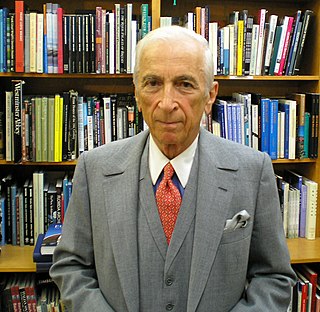A Quote by Brian Kernighan
No matter what, the way to learn to program is to write code and rewrite it and see it used and rewrite again. Reading other people's code is invaluable as well.
Related Quotes
There were guys in 'The State' who would take one script and rewrite it and rewrite it and rewrite it and fight for it for a whole season, and after a couple of seasons, you realized that doesn't work. You have to just be willing to throw something away, no matter how good it is, and write a better joke.
When you learn to read and write, it opens up opportunities for you to learn so many other things. When you learn to read, you can then read to learn. And it's the same thing with coding. If you learn to code, you can code to learn. Now some of the things you can learn are sort of obvious. You learn more about how computers work.
Anyone of any age, any race, any background, any education - if they write an interesting enough book - can become a published author. What it takes is imagination, the ability to put words on a paper in an interesting, perhaps even unique way, the fortitude to rewrite, rewrite, rewrite, and polish, edit, polish, edit until the story sort of sings. I think everyone has a story inside him, but only a few have the persistence and, of course, the interest, to write it down and see it through.
I really - I don't take my work that seriously, and I think that's what keeps me loose. If I try to write, if I catch myself trying to write, I'll fall right on my face. I'll see it. If I see in the prose that I'm - 'Boy, look at me writing,' I rewrite it. I rewrite it because I don't, because I think it's distracting.


































